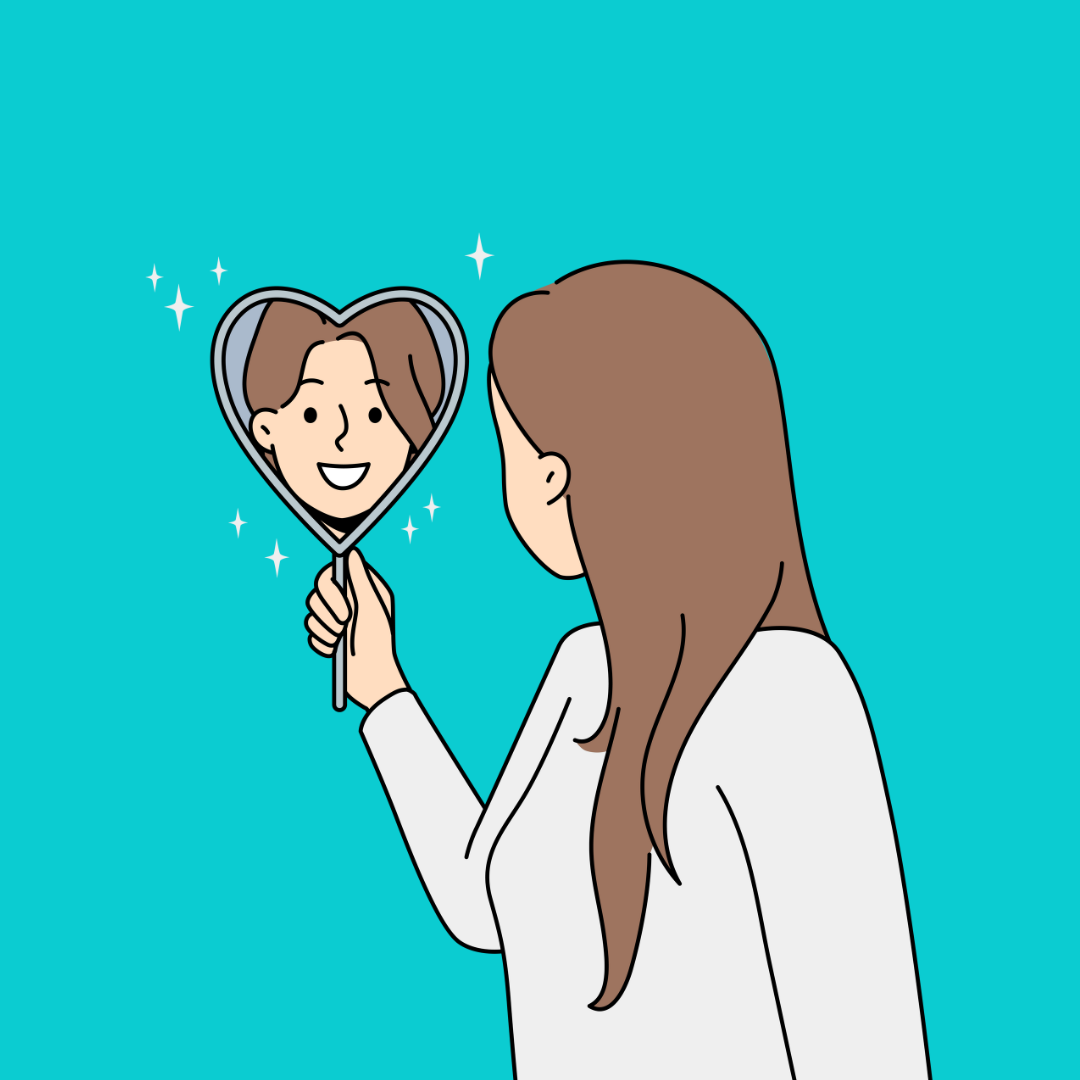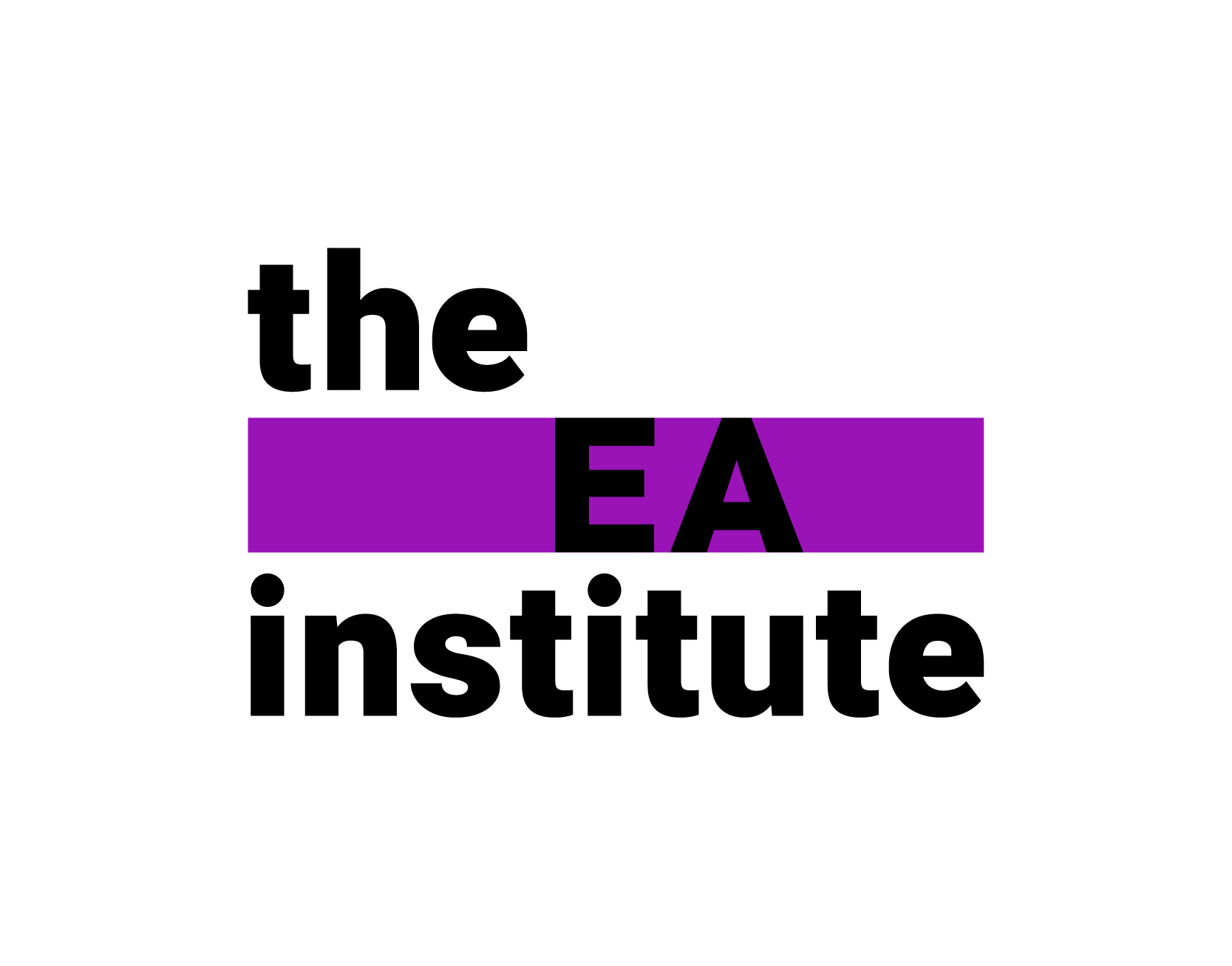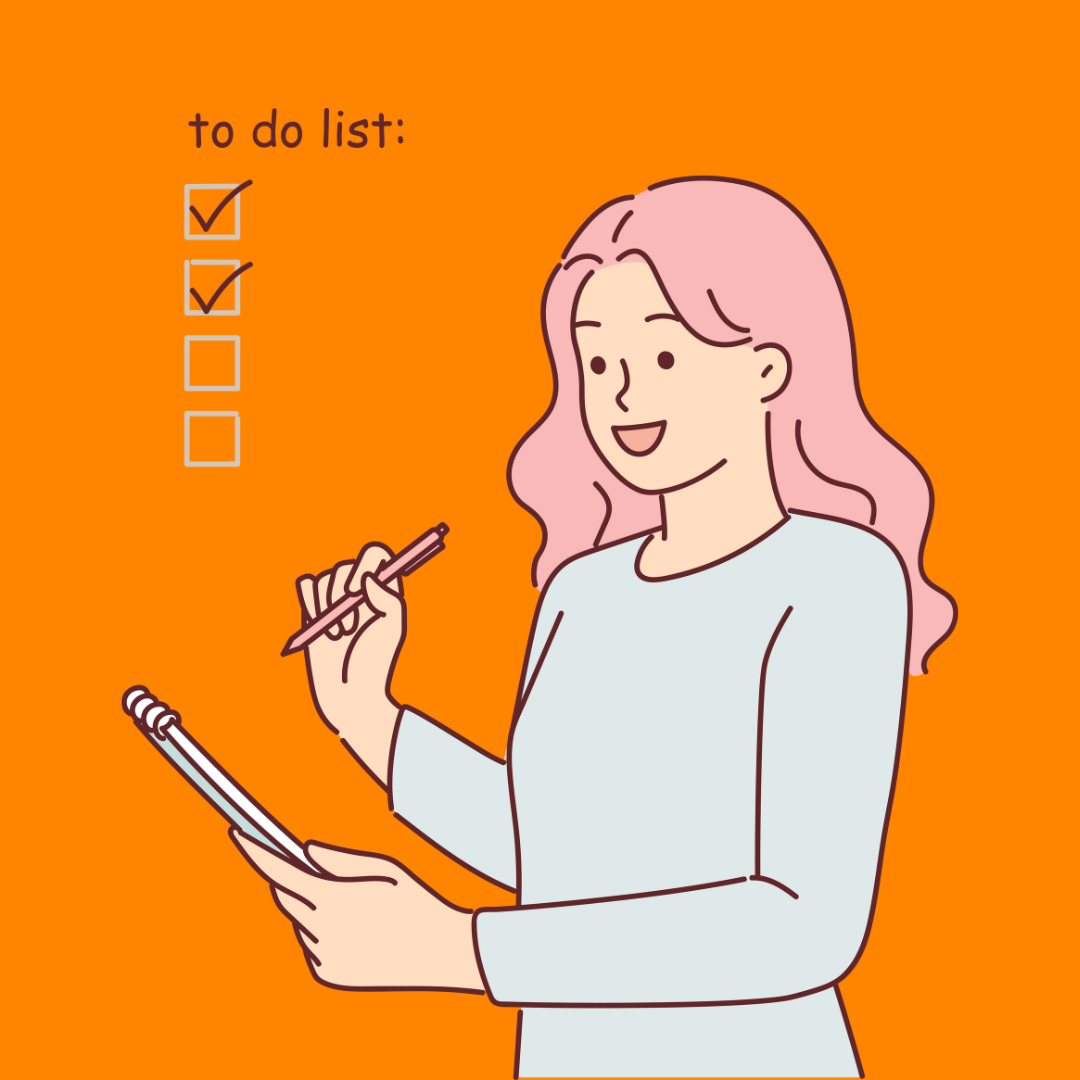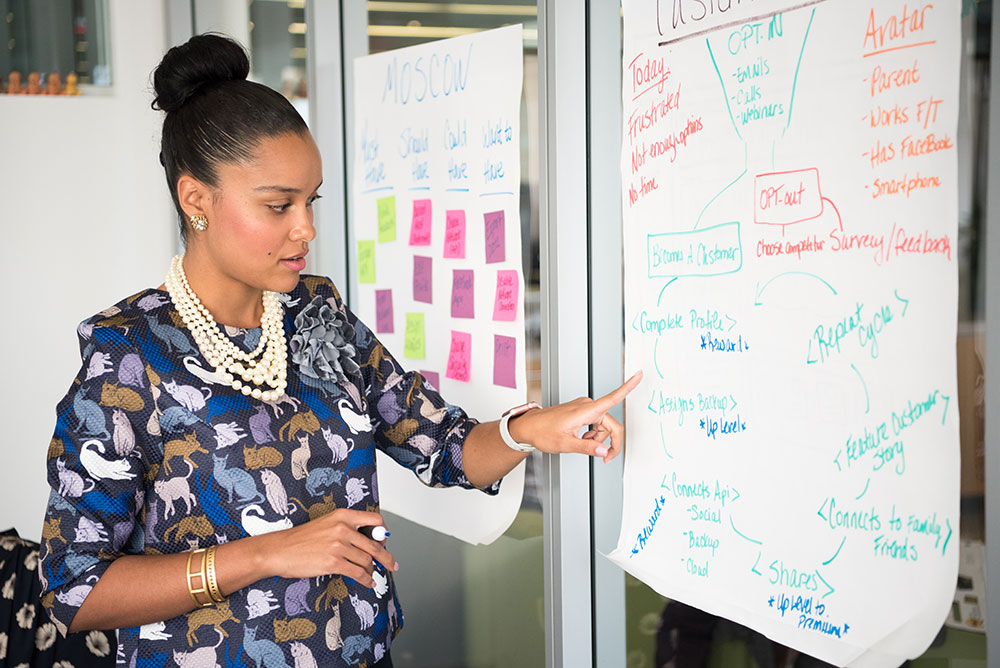How to use mindfulness to be more self-aware
A new year, a fresh start…..or maybe not.
Welcome to the year 2022 where work and home are now one. We have fully integrated into a new way of working. For many, this might mean you have found yourself so busy you’re burnt out before this year even builds steam.
That’s why I’m starting this year with a very important topic. The topic of self-awareness.
The greatest Executive Assistants understand and know themselves. They speak with honesty, readily admit their mistakes, and are self-confident. Self-awareness is important in every aspect of being a high performing Executive Assistant. It means that you have a sound understanding of who you and how you relate to your colleagues and your manager.
When you are self-aware, you know your strengths, weaknesses and how to manage them at work. You are able to manage your emotions. The more you pay attention to your emotions and how you perform, the better you will understand why you do the things the way you do. This is critical to self-leadership.
And if we’ve learnt anything over the last 2 years, its that we need this in our life!
Becoming more self-aware in the workplace allows you to relate better to your colleagues, direct reports and superiors and will inevitably create a more harmonious environment. You are able to look at issues more objectively and the role you may have played in creating them. You are mindful and operate in the here and now.
What happens when you become more self aware? There are so many benefits, but some of the obvious ones include:
1. You’re better able to deal with stress.
Part of self-awareness is knowing what triggers you to feel stressed, angry or defensive. Knowing your triggers means you can respond to them more calmly when they come up.
2. You manage your time better.
Knowing yourself well means you should know when and how you work best. A self-aware example is when; you know you have a lot more energy in the morning, so, you plan to do your more taxing tasks when you start your day. Or, you know you need limited distractions, so, you work from quieter places or invest in noise-cancelling headphones.
3. You understand the impact your emotions have on others.
Self-awareness doesn’t only benefit you, it benefits those around you. Knowing your moods and emotions well should help you see how they impact others. A self-aware example would be; if you’re feeling particularly stressed. You can be aware of the way this may radiate and do what you can to minimise it.
As much as we would like to compartmentalise sometimes, it’s very difficult – we’re only human. There’s nothing wrong with bringing negative emotions to work. However, if you see it’s affecting your work or other people’s moods, talk to your manager to get some support.
4. You’re better able to take on feedback.
Receiving feedback can be tricky. One of the benefits of being self-aware is that, chances are – you already know what feedback is coming. You’re likely to be more open to constructive criticism and to learn from it. Take it as an opportunity to improve your self-awareness.
5. You feel more confident in your ability.
Getting to know yourself better includes getting to know your strengths and talents. This can help feel more confident at work. If your role isn’t currently geared towards your skillset, talk to your manager about how you can incorporate tasks that play to your strengths.
So how can you become more self-aware at work when there are so many things to distract you, vying for your time?
Mindfulness!
Yep, mindfulness can help you generate more self-awareness and the great news is, it’s really easy to implement anytime, anywhere. The practice of mindfulness naturally gives the mind space to discover itself. This is true self-awareness. Mindfulness shows you clearly that not every emotion or thought is worth reacting to. It helps you prioritise and use your energy and time wisely and efficiently.
A Mindful Exercise
In our Mindful EA Course, we teach and practice an exercise called “The 3 minute Breathing Space Meditation.” This is the perfect technique for those with busy lives and minds. The exercise is divided into three sections, one per minute, here is a brief summary:
The first minute is spent answering the question “how am I doing right now?” while focusing on the feelings, thoughts, and sensations that arise, and trying to give these words and phrases.
The second minute is spent on keeping awareness on the breathe.
The last minute is used for an expansion of attention outward from the breath, feeling the ways in which your breathing affects the rest of the body.
Keeping a quiet mind can be rather challenging, and thoughts will often pop up. The idea is not to block them, but rather to let them come into your mind and then disappear again. Try to just observe them. The most important part of mindfulness is to recognize that it is a training of the mind, an awareness. And like any training it will take some time to see the results. Use this 3 minute breathing space exercise to practice this skill. Try to incorporate this in your day 5 times a week for the next month. The trick is to persevere, approach the process with self-compassion. Allow reflection, change, and flexibility while you practice.
Growth Hub Members
Join us Wednesday February 23rd at 12:30AEDT for a breakout session with Amanda to discuss this topic. RSVP below, see you there!
Related Articles







